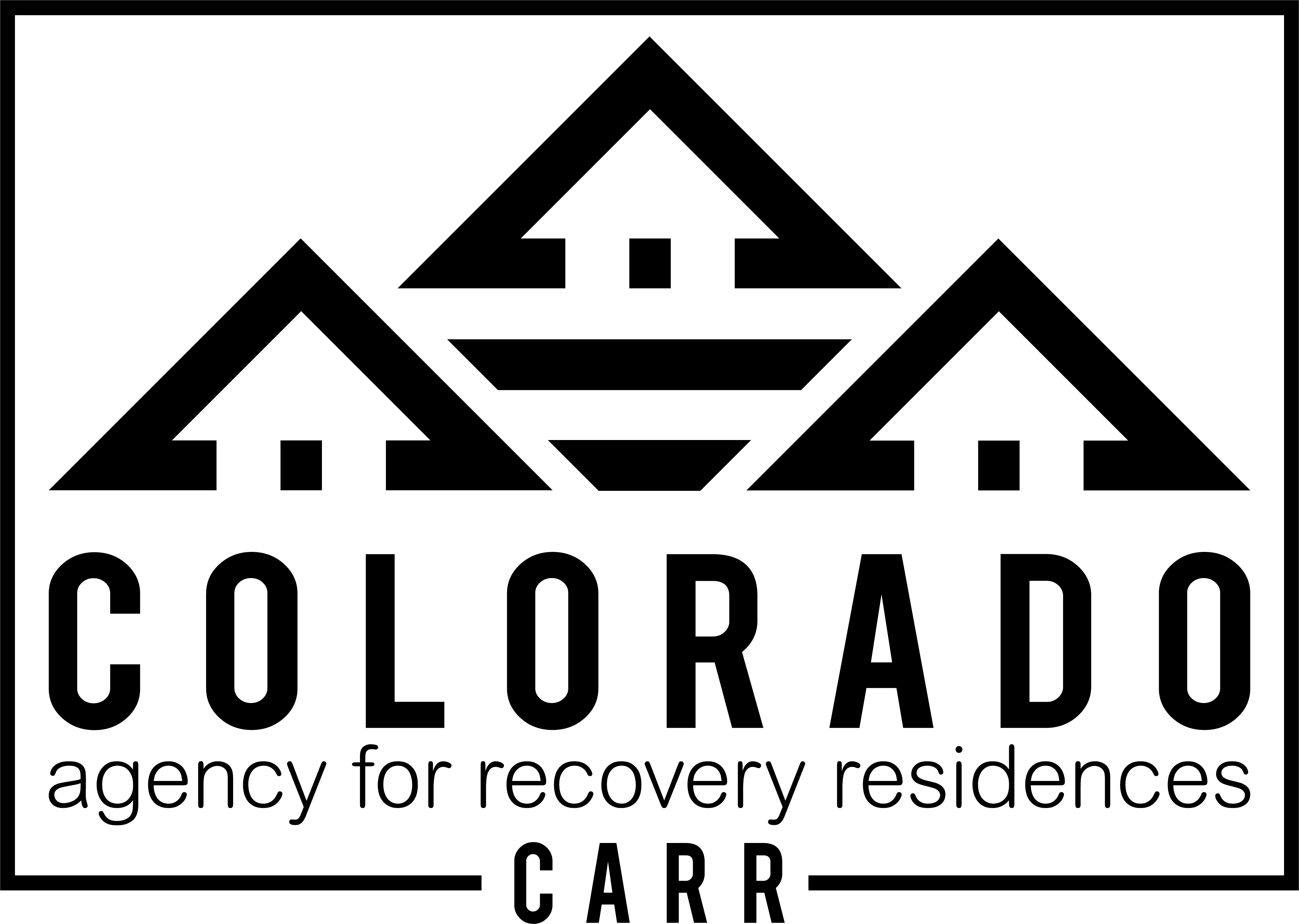5 Questions to Ask a Recovery Housing Operator
5 Questions to Ask a Recovery Housing Operator
Recovery Housing can be a helpful resource for people in recovery from substance use disorders. Recovery housing provides a living environment that is free from illicit drugs and alcohol and peer support and connection to other recovery services. You may choose to live in recovery housing before, during and after engaging in treatment program.
There is a certification for recovery housing operators. To search for recovery housing operators that meet quality standards contact us at 720-782-0989.
However, recovery houses are not required to obtain this certification in order to operate. Therefore, it can be difficult to tell if a recovery house is meeting basic quality standards. You can ask the following questions to help you find a recovery house that can meet your needs.
1. Do I get a written and signed resident agreement?
1. Do I get a written and signed resident agreement?
You should receive a written resident agreement before you move in or pay any fees or deposits. This agreement should tell you what fees are due and when. This agreement should also explain what code of conduct or other behavior guidelines you must follow in order to stay at the house. You should know under what circumstances you may be asked to leave the house. The operator should be able to answer any questions you may have before requiring you to sign the agreement or make a payment. You should not be asked to waive your individual or fair housing rights.
2. How do you ensure that the environment is free from alcohol or illicit drug use?
2. How do you ensure that the environment is free from alcohol or illicit drug use?
The operator should have a comprehensive strategy for ensuring that the environment is free from alcohol and illicit drugs. This strategy can vary from house to house – but the operator should be able to explain to you how they ensure a recovery environment. As a resident, you will likely have to follow a specific code of conduct that helps the house ensures the maintenance of the recovery environment.
3. What supports are available to help me live in recovery?
3. What supports are available to help me live in recovery?
The recovery house should engage with you in developing positive relationships with others in the house and with your community. This is usually done through both formal recovery oriented activities such as house meetings, assisting you with finding a sponsor, mentor or other mutual aid supporter, or other recovery supports. The house also should engage in recreational and informal activities that are designed to help you develop positive relationships, live in the house as a family, and build community.
4. Does this house feel like a home?
4. Does this house feel like a home?
The recovery house should look and feel like home. You should have access to common areas of the house, be able to buy, store and prepare your own meals and snacks, and be able to have personal items and belongings. You should have access to basic utilities, hot water and working appliances. Furniture should be good condition and used appropriately.
5. How do you ensure resident safety?
5. How do you ensure resident safety?
The recovery house should be following all local building and fire codes designed to keep residents safe. Residents should not be overcrowded. Residents should also have emergency contact information available in case of an emergency. The bedrooms should have appropriate egresses, and the house should have smoke alarms, fire extinguishers and other safety equipment.

